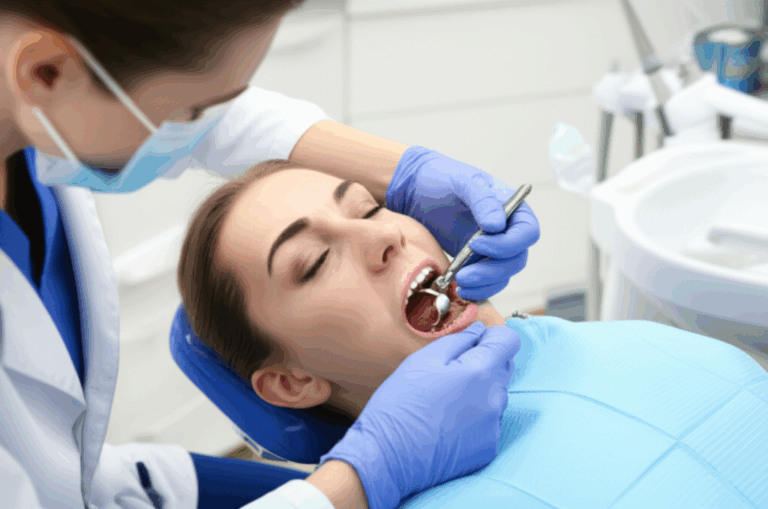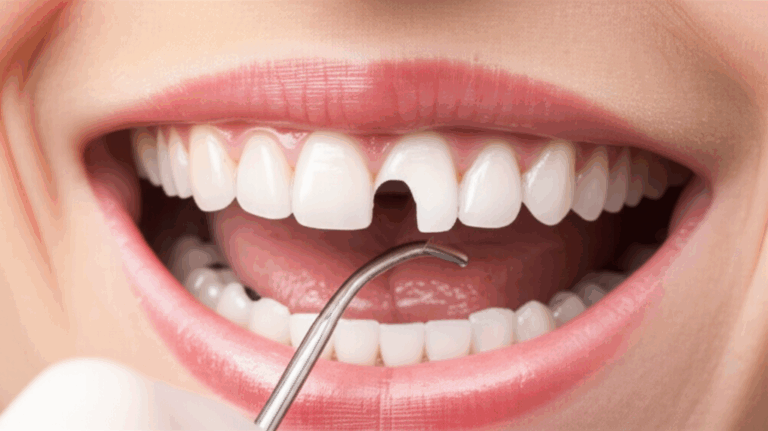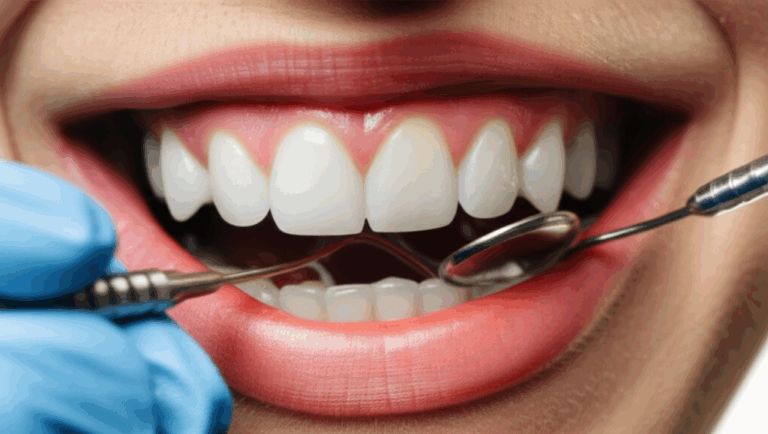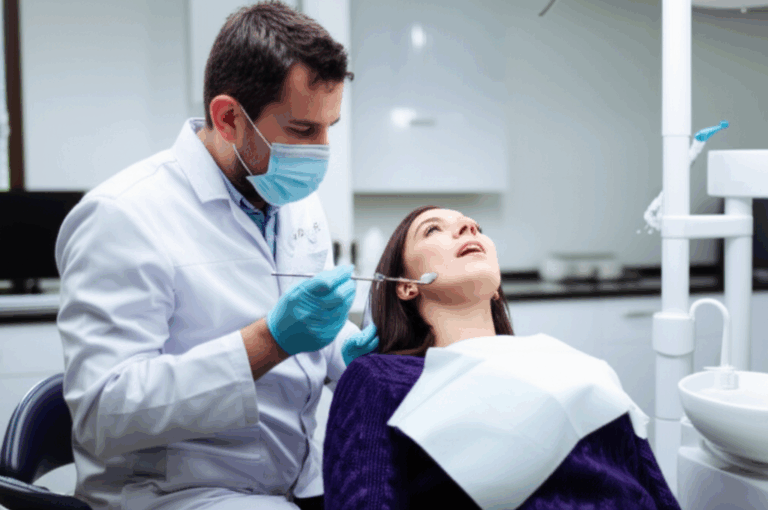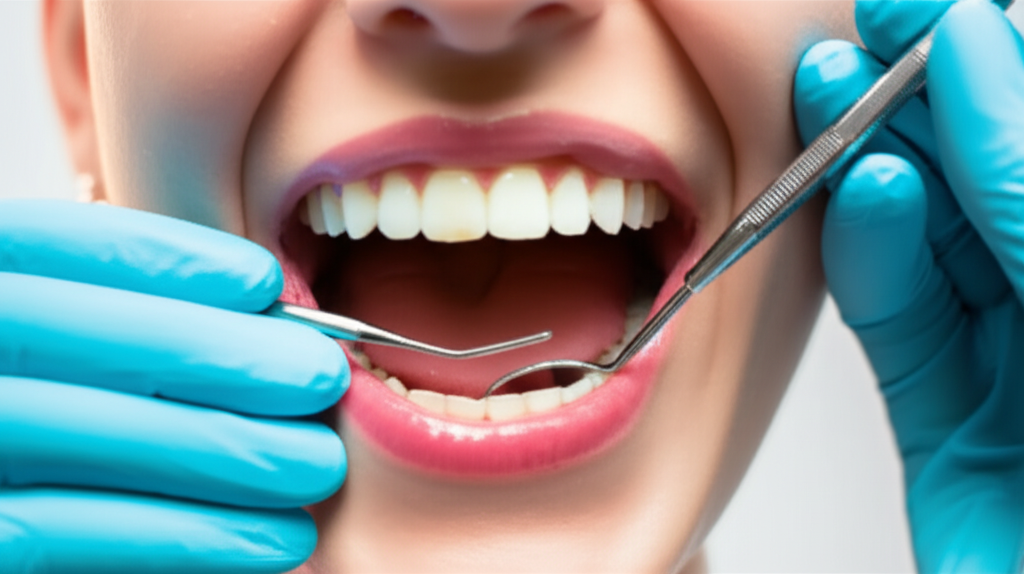
What is Fear of the Dentist Called? Understanding Dentophobia & Dental Anxiety
Table of Contents
- Dentophobia (Odontophobia): The Clinical Phobia
- Dental Anxiety: The Everyday Struggle
- Recognizing the Spectrum of Fear
- Past Traumatic Experiences
- Learned Fear and Social Influence
- Specific Triggers: What Sets Off Dental Fear?
- Psychological & Medical Factors
- Clear, Honest Communication With Your Dentist
- Relaxation and Coping Techniques
- Professional Therapy Options
- Sedation Dentistry: When You Need Extra Help
- Practical Tips for Easier Dental Visits
Introduction: Naming the Fear and Why It Matters
If you’ve ever felt your stomach twist up when you heard you had a dentist appointment, you’re not alone. I’ve felt it too. That mix of nerves, worry, or just full-on panic about seeing the dentist is more common than you might think. Once, I just wanted to know: Is there a real name for this? After I looked it up, I learned it’s called dentophobia (some people call it odontophobia), and if it’s a bit milder, it’s just called dental anxiety.
Finding out what to call it helped me. Suddenly, I knew I wasn’t just “being silly” or “over-the-top.” Lots of people go through this every day, and there are real ways to handle it. Knowing more about it is the first step to better health. So, let me share what I’ve learned—what it’s called, where it comes from, what it feels like, and how I managed to get back in the dentist’s chair without my heart jumping.
Dentophobia vs. Dental Anxiety: What’s the Difference?
Dentophobia (Odontophobia): The Clinical Phobia
Let’s talk about the real medical side. Dentophobia (also called odontophobia) is not just being a little nervous. In the rulebook doctors use (like the DSM-5), it’s described as a very strong, unreasonable fear that can make you stay away from the dentist, even if your mouth hurts bad. It’s in the same group as being afraid of spiders or flying.
For me, I could tell this was something bigger than just stress. I used to put off appointments for years because I just didn’t want to step into that office. That’s when I knew it was more than small worry.
Dental Anxiety: The Everyday Struggle
Dental anxiety is a lot more common. It’s that jittery, uneasy feeling before a check-up. You know you’ll probably go, but you still dread it. Maybe you feel weird in the waiting room or your heart starts racing when you hear the dental tools. Usually, you go anyway, but it’s not easy.
The big difference from real dentophobia is that this fear doesn’t always keep you from getting the care you need. For years, I forced myself to sit in the dentist’s chair, but it was a struggle every single time.
Recognizing the Spectrum of Fear
To me, fear of the dentist isn’t just all or nothing. It goes from just feeling nervous to being really scared and frozen. It helps to know where you fit, so you can decide what kind of help might work for you.
The Roots of Dental Fear: Where Does It Come From?
Figuring out where this fear starts helps a lot. Here’s what I learned along the way.
Past Traumatic Experiences
One of the biggest reasons? A bad time at the dentist in the past. I remember a dentist visit as a kid where the shot hurt, the tools were loud, and no one told me what was going on. I left feeling helpless and embarrassed. Years later, that memory still affected how I felt.
You’re not the only one if you’ve been scared by rough dentists, pain, or even by people acting rushed. It makes sense—these early times can shape how you see the dentist forever.
Learned Fear and Social Influence
Sometimes, the fear didn’t even start with you. I grew up hearing family gripe about their “awful dentist” or saw cartoons where the dentist was the bad guy. I just picked up on that fear.
Hearing or seeing others say the dentist is scary makes it easy for you to believe it’s true and avoid going.
Specific Triggers: What Sets Off Dental Fear?
I noticed everyone has their own worry points. Some common ones are:
- Fear of pain: Especially from shots. That’s called trypanophobia.
- Sounds and smells: The drill’s noise or the sharp smell of cleaner can bring bad memories back.
- Scared of choking, gagging, or not being in control: Sitting with your mouth open and not talking can feel kind of trapped. For me, not being able to swallow or breathe right was really scary.
- Embarrassment: Worrying the dentist will judge your teeth or gums. More than once, I skipped appointments because I felt too embarrassed.
Psychological & Medical Factors
Sometimes, dental fear mixes in with other problems, like general anxiety, PTSD, or feeling down. Over time, I saw my fear of doctors was part of bigger worries. For some people, things like a strong gag reflex or other health stuff can be part of it too.
Recognizing the Signs: Symptoms of Dental Fear
Dental fear isn’t “just in your head.” Here’s how I noticed it:
Physical Symptoms
Before a dentist visit, I’ve felt a bunch of things like:
- Fast heartbeat and sweaty hands
- Shaking or stiff muscles
- Dry mouth or upset stomach
- Trouble breathing, feeling sick, or feeling faint
Sometimes I couldn’t sleep before my appointment or had weird dreams about losing teeth.
Emotional and Behavioral Signs
It doesn’t just show up physically. Dental fear takes over in other ways, like:
- Feeling super scared, panicky, or crying when it’s time to go in.
- Making excuses or canceling at the last minute. I used to always call in “sick” right before.
- Not talking or shutting down during appointments. My brain would go blank and I couldn’t ask questions.
- Stay away completely—this is the biggest sign. The longer I put it off, the harder it got.
The Consequences of Avoidance: Why Dental Fear Matters
Skipping the dentist might feel good at first. But it causes trouble.
- Mouth problems get worse: Cavities, gum disease, and even losing teeth can sneak up on you. When I finally went back after years, there was a lot more work to do than if I’d gone for regular check-ups.
- Big, expensive treatments: Small problems become root canals, crowns, or dental implants. If you want to know how labs help with these, china dental lab makes a lot of replacement teeth.
- Other health problems: Things wrong in your mouth can lead to more issues in your body, like heart or sugar problems.
- Feel bad about yourself: Hiding your smile or not laughing with friends feels really tough. I hated that feeling too.
How I Fought Back: Strategies That Help Overcome Dental Fear
What I learned is that you can take back control. Here’s what helped me the most.
Clear, Honest Communication With Your Dentist
Getting the right dentist is super important. I started by telling them exactly what made me afraid. A good dentist will listen and won’t judge you. They should set up clear ways for you to stop (like raising your hand if you need a break).
Ask them to walk you through each part—they should treat you as a teammate, not just a patient. Some clinics work with dental labs that put patients first.
Relaxation and Coping Techniques
Little changes help. I began deep breathing before and during visits. Sometimes, I brought music or played an audiobook. Squeezing a stress ball works, too.
Some places even have things like VR headsets or relaxing scents. You never know until you ask!
Professional Therapy Options
When it got too much, I spoke with a therapist. Talk therapy (CBT) helped me fight the thoughts like “this will hurt.” Little steps (exposure)—like just going in for a chat, then a simple cleaning—showed me I could do it.
Other people try hypnosis or even acupuncture. Asking for help is the hardest, but it can change a lot.
Sedation Dentistry: When You Need Extra Help
It’s okay to get help. I tried laughing gas during a tough visit. The fear was gone, but I was awake. For bigger stuff, you might get sleepy medicine or even go to sleep completely. Your dentist should explain what’s safest.
Some people need to be fully asleep, especially if they’re really scared or need a big procedure.
Practical Tips for Easier Dental Visits
- Set your appointment first thing in the morning—less time to stress and shorter wait
- Bring someone you trust for support
- Ask for short, easy visits at first. Maybe just a simple check, then come back for a cleaning after you see it’s safe
- Let yourself take breaks or come back another day if you need to
- Give yourself a reward after—I always planned a treat, like a favorite snack
Choosing the Right Dentist: Your Partner Against Fear
The right dentist changes everything. I look for clinics that feel friendly as soon as I walk in—nice chairs, kind people, calm rooms.
At my first visit, I ask:
- Do they help people who are afraid?
- Can they explain everything in regular words?
- Do they have calming tools or relaxing options?
- Can I cancel or move my visit if I need to?
Some clinics work with a digital dental lab for custom-made stuff. When dentists pay attention to you and use the latest tools, it really helps calm my fears.
When you find a dentist who really listens, things get so much easier.
Conclusion: Taking the First Step Toward a Healthier Smile
It’s normal to feel alone or stuck if you’re scared of the dentist. But remember—this feeling has a real name, and lots of people understand it. Dentophobia and dental anxiety are real, and they can be helped.
The very first step? Admit you’re scared. Tell someone. Then ask for help—from your dentist, with new tricks, or by seeing a therapist.
It wasn’t always easy for me. Some days, I still worry. But every good visit makes it a bit better.
Your mouth matters for your whole body—don’t let fear keep you away. Step by step, you can change how it feels and smile proud again.
Related Reading:
Want to know more about how dental labs can support you? Check out china dental lab, see what a digital dental lab does, or learn how you might get a new smile.
You’re not alone in this. If I made it through, you can too. Here’s to a healthier, happier smile—even with a little fear.

